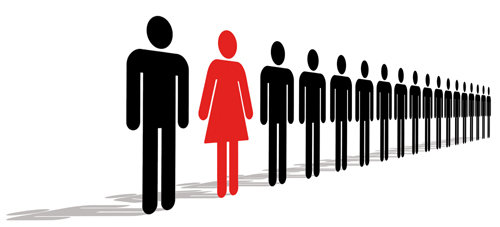Credit Cards & Loans
More women turn to credit to make ends meet

The rising cost of living is forcing more and more women to apply for credit as they struggle to make ends meet, says a new report.
The report by Callcredit Information Group highlighted that 72% of females, compared to just 28% of males, applied for credit in the last 18 months with the main reason cited for doing so being to make up for income shortfalls.
The research highlighted that –
• 25% of females apply for credit to cover household goods compared to 8 per cent of males.
• 22% of women use the money for emergencies compared to 16 per cent of men.
• 7% of females apply for payday loans compared to 5% of men.
Graham Lund, managing director of Callcredit, said: “It is clear from the research that the financial pressures of day-to-day living are continuing to increase which in some cases is causing consumers to look for additional credit to help cover any shortfall.
“As people look for alternative ways to cope with the strains of a spiralling economy it is ever more important for lenders to have a deeper understanding of customer affordability to help consider the financial pressures they already have.”
However, men are more likely to take out more than one form of credit, with debt consolidation as one of the key reasons for doing so.
Lund added: “As the changes to the budget begin to take hold, even more people will begin to feel the pinch and will be looking for ways to manage the rising cost of living.
“As this realisation hits lenders they must ensure that they continue to uphold responsible lending practices and make sure that even more stringent affordability assessments are in place throughout the lending cycle to help support this.”
This comes as recent employment figures highlighted that women’s unemployment has risen to a 26-year high despite male unemployment steadily decreasing.
According to the Fawcett Society, this is directly due to Government policy.
The campaigners said that Government plans for growth are ‘leaving women behind’, with females already bearing the brunt of cuts to the public sector workforce.
The Society found almost three times as many women as men have become ‘long term’ unemployed in the last two and a half years, with 103,000 women falling into this category compared to 37,000 men.